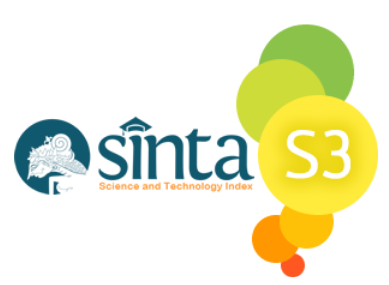THE STRATEGIC PLANNING OF THE NORTH KALIMANTAN PROVINCIAL GOVERNMENT IN ACHIEVING A CHILD-FRIENDLY PROVINCE (A STUDY ON INSTITUTIONAL ASPECTS IN THE IMPLEMENTATION OF CHILD-FRIENDLY REGENCIES/CITIES IN THE NORTH KALIMANTAN PROVINCE)
Yhoni Abe Pangestu, S. Sumartono, Farida Nurani
Erudio, Vol 10, No 2 (2023), pp. 267-280
DOI https://doi.org/
Abstract
The aim of this research is to comprehend and develop a set of strategies related to the steps that will be taken by the North Kalimantan Provincial Government in achieving a Child-Friendly Province. A Child-Friendly Province is an accolade for the Provincial Government for its efforts in mobilizing and coordinating all regencies/cities within its jurisdiction to create Child-Friendly Regencies/Cities (KLA). According to the Minister of Women's Empowerment and Child Protection Regulation Number 12 of 2022 on the Implementation of Child-Friendly Regencies/Cities, KLA is a developmental system that guarantees the fulfillment of children's rights and their specific protection through planned, comprehensive, and sustainable measures. KLA is executed while considering institutional aspects and the five clusters of children's rights fulfillment. This research primarily focuses on the policy direction of KLA in the North Kalimantan Province from an institutional perspective. The research method used is a descriptive qualitative research approach and a documentary analysis study. The findings of this research indicate that the institutional aspect plays a crucial role as the primary driver in achieving KLA in the North Kalimantan Province, with attention to three indicators: KLA regulations/policies, strengthening of KLA institutions, and the role of civil society organizations, mass media, and the business community. The study also draws several conclusions and recommends strategies for achieving KLA and a Child-Friendly Province in North Kalimantan.
Keywords
Strategy, Child-Friendly Regencies/Cities, Institutional Aspects
Full Text:
PDFRefbacks
- There are currently no refbacks.
Copyright (c) 2024 Erudio Journal of Educational Innovation

This work is licensed under a Creative Commons Attribution 4.0 International License.












